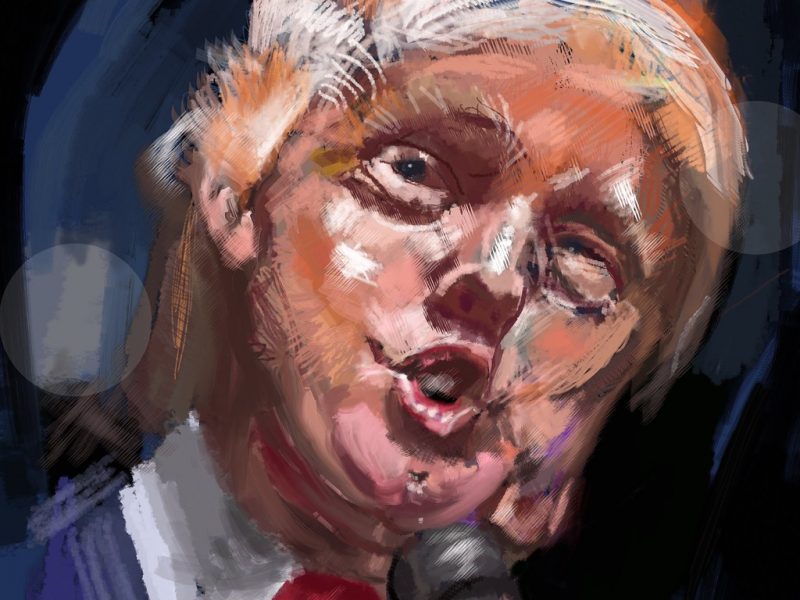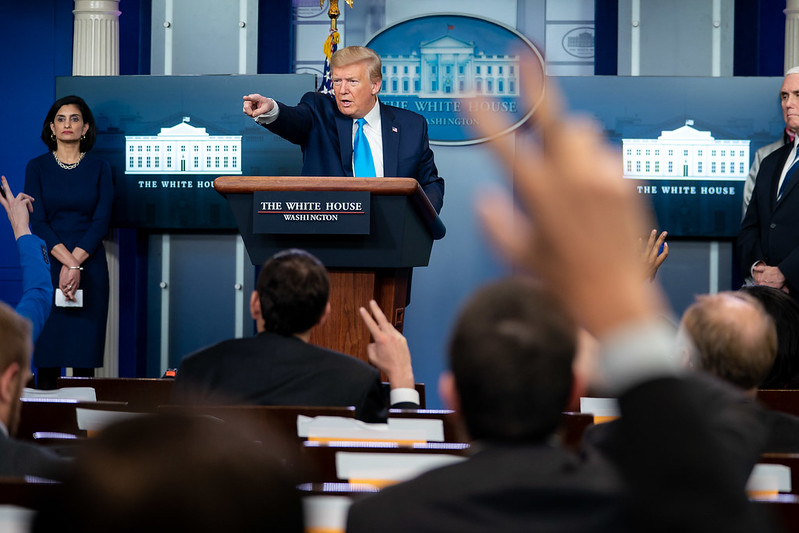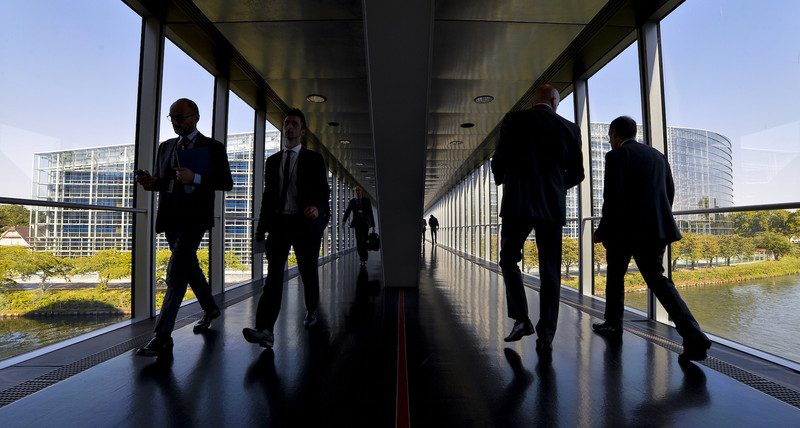UN75+25 Generation
This is the year of the UN’s 75th anniversary (“UN75”), basically 75 years since the end of World War II. It has been a turbulent 75 years. No new world war but a serious Cold War and many regional confrontations costing the lives of millions. When the UN was created in 1945 it had only…










